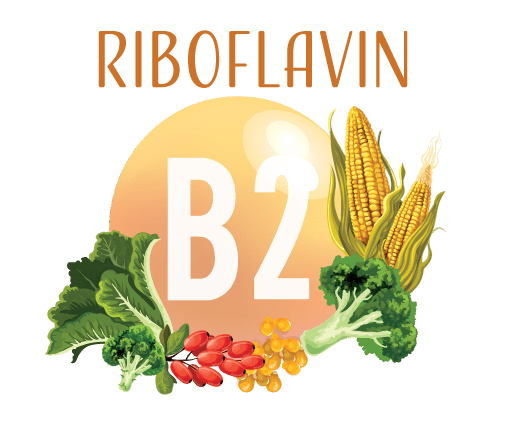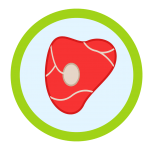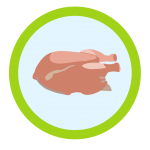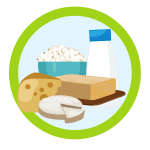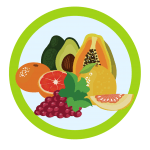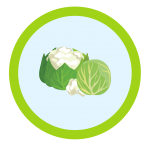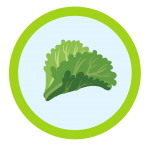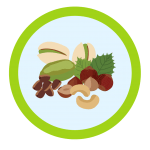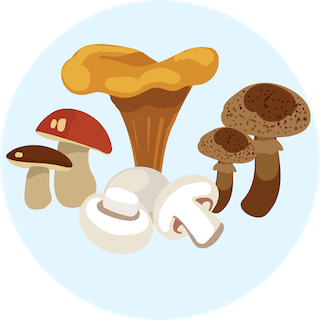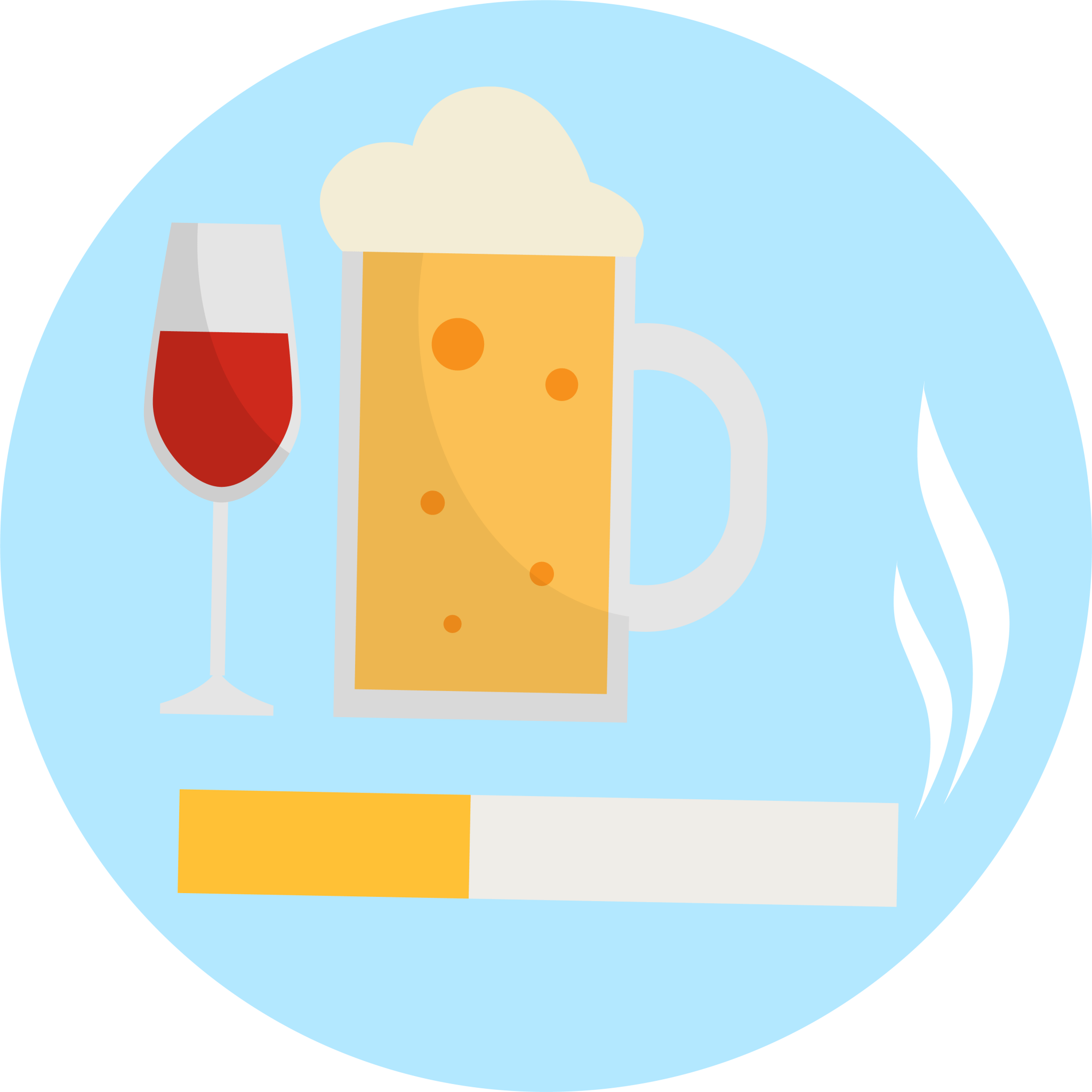How Riboflavin Supports a Healthy Body
Vitamin B2, also known as Riboflavin, is a member of the B vitamin family and is soluble in water. Since our bodies cannot store it, we must regularly consume it in our diet. Riboflavin is crucial in breaking down carbohydrates, fats, and proteins in our body, providing energy for metabolic functions. It also acts as an antioxidant, protecting our cells from damage caused by harmful free radicals. Additionally, riboflavin is essential for maintaining healthy skin, eyes, and red blood cells. Excellent sources of vitamin B2 include dairy products, eggs, meats, green leafy vegetables, and enriched grains. However, some people may require supplementation if they do not get sufficient Riboflavin. Certain health conditions such as celiac disease, inflammatory bowel disease, and irritable bowel syndrome can interfere with the body’s ability to absorb vitamin B2.
